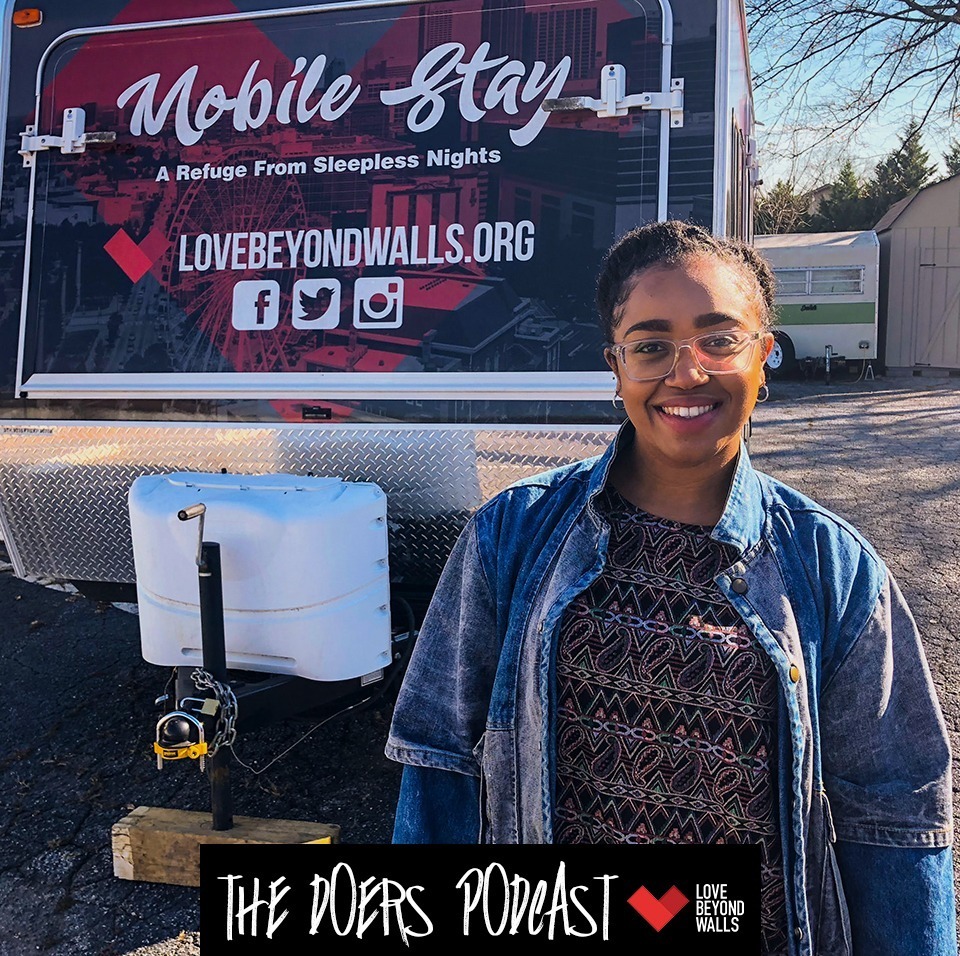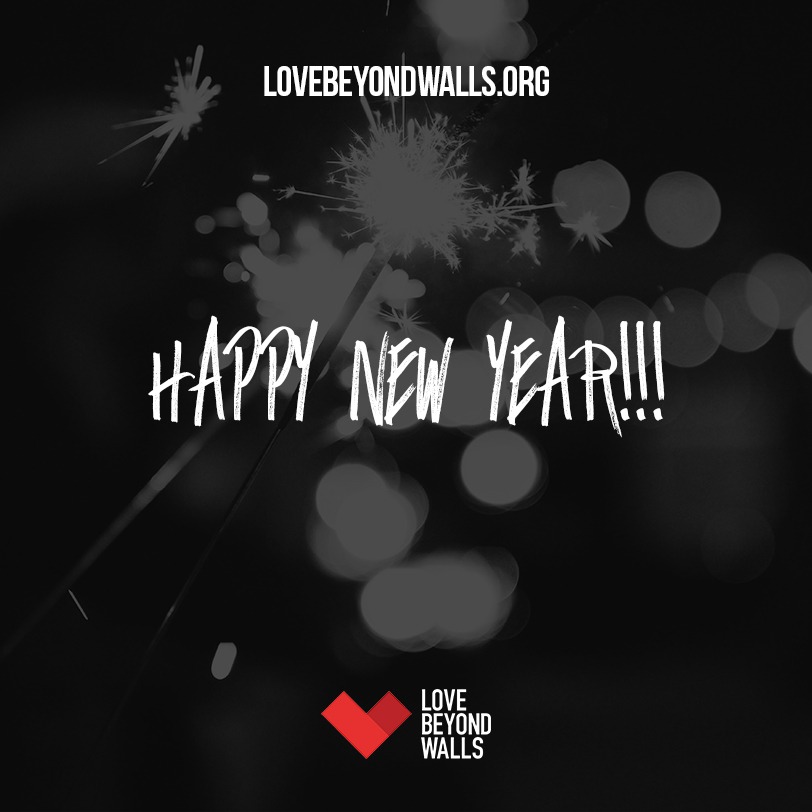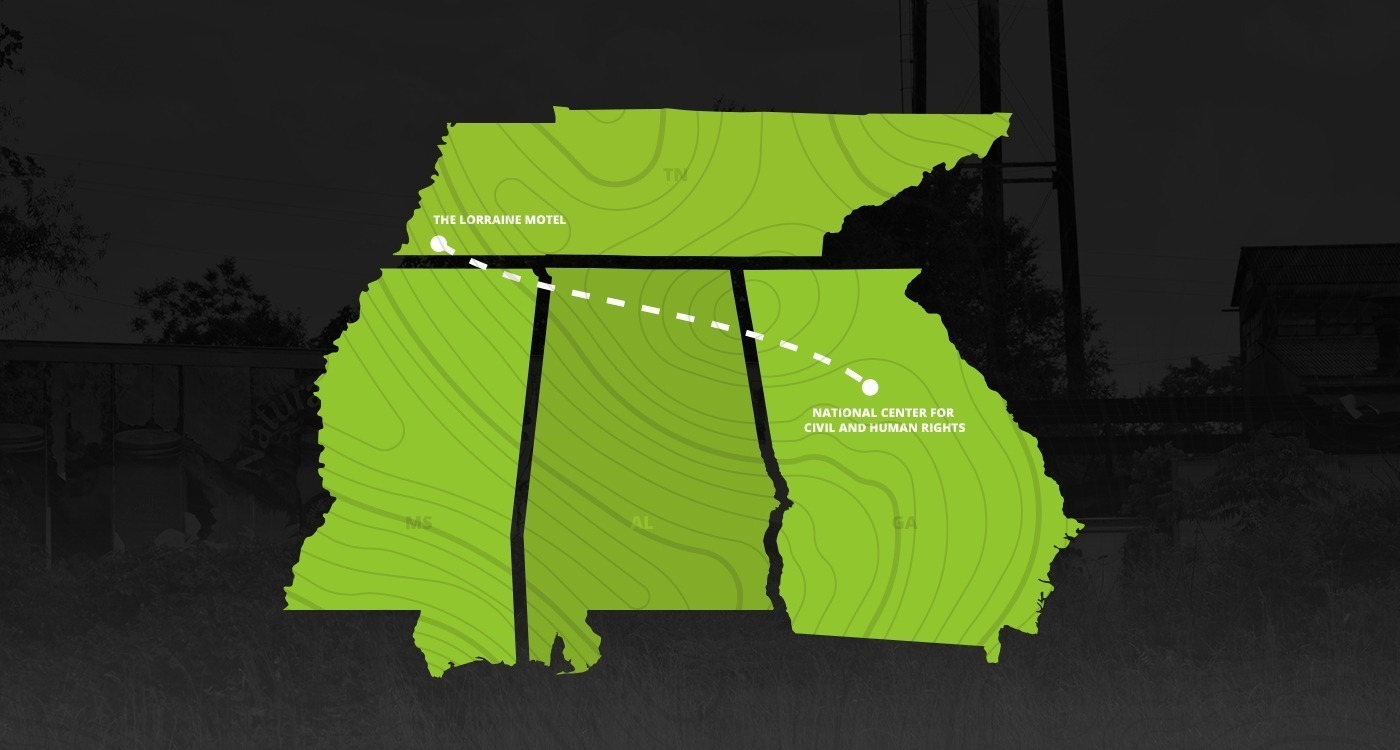
#MAP18 FAQ’s
What is MAP18?
MAP18 is the March Against Poverty, a national awareness campaign in partnership with the Center for Civil and Human Rights that exists to give a voice to the marginalized, mobilize people on the sidelines, and bring people together from all walks of life.
The march will begin at The Center for Civil and Human Rights in Atlanta and finish at the Lorraine Motel in Memphis, where Dr. King was assassinated, on April 4th, the 50th anniversary of the assassination.
A rally at The Center for Civil and Human Rights will serve as the launch for the campaign featuring remarks from civil rights leaders. The gathering will bring together people from all walks of life and nationalities to engage in a national conversation on racial division and systemic poverty.
Why are you walking 386 miles?
I’m walking to raise awareness for the millions of people trapped in systemic poverty and affected by racial division in America. Through this campaign, we intend to get people to take a stand against poverty and racial division.
This year, on the 50th anniversary of MLK’s assassination for giving his life to fight against racial injustice, war, and poverty, we honor him as a hero and a legacy as well as honor his mission through continuing this campaign for justice.
Who has done this type of walk before – are there any examples?
There are many examples of people who marched and walked long distances on behalf of others. In fact, much of my inspiration comes from many people listed below:
Martin Luther King Jr. – marched/walked on behalf persons of color and others being mistreated with unequal rights. He sacrificed his life so African Americans would be considered equal (March on Washington / Selma to Montgomery).
Jesus – marched and walked toward a Cross on Calvary’s Hill to sacrifice His life for the sins/poverty of others. He gave all so people could be reconciled to God in Heaven.
Zach Bonner – marched/walked several times across the country at a very young age to fight hunger among youth and families through his organization Little Red Wagon Foundation (My House to The White House / 1,225 miles).
Darryl Cloud – rode a bike across the country (in his 80’s) 2,400 miles to raise awareness for veterans that struggle with disabilities.
Why are you walking around the 50th anniversary of Dr.King’s assassination?
I am walking around the 50th anniversary of Dr.King’s assassination in hopes to raise awareness to the same campaigns and issues Dr.King also fought for. Before he was killed, he planned his next initiative, The Poor People’s Campaign.
MLK believed that the next step towards equality was to eradicate a system that even today keeps members of society enslaved to poverty. He believed that systemic poverty was a civil rights issue, and so do we.
Who are you?
My name is Terence Lester, and I am the Executive Director of a non-profit organization called Love Beyond Walls. I have been working in the community for 14 years, and have devoted my life to serving the poor and marginalized. I am happily married to my best friend, Cecilia Lester, and we have two children who mean the world to us.
What sparked the idea?
Every single week, people who struggle with poverty must walk miles and miles just to gain access to basic necessities to survive. Whatever reason, many people walk because they lack transportation and most times—hope.
This year, the march is also symbolic of those who have gone before us to march for what they believed was right. And in wake of the 50th anniversary of Martin Luther King Jr’s assassination, we march because he also marched. We stand up and walk for those who cannot and do not have a voice.
Why the name #MAP18?
MAP18 stands for “March Against Poverty in 2018.” We chose MAP because a map is a symbolism for direction. Not only do we hope to inspire onlookers to get involved, but to inspire people to create life-maps that will lead them out of poverty.
Why walk instead of riding a bike or traveling in a car?
I have chosen to walk because when you walk—you see more, and understand more.
Additionally, walking has many symbolisms:
- Walking symbolizes long-suffering. There are many people who wrestle with poverty and have felt the effects of racial division for a long time. I have chosen to walk this distance to identify with those who suffer and fight against systemic conditions for long periods of time.
- Walking symbolizes taking one step at a time. There are no quick fixes when it comes to poverty and racial division, however, we can collectively provide solutions and make strides one-step at a time. Additionally, if someone is wrestling with these issues, we’d like this demonstration to symbolize that they can be overcome one step at a time.
- Walking symbolizes the ordinary. Sometimes people think that we need to have magical powers before we make a difference in the lives of others and the world. That’s not true. We are making this trip to inspire individuals, small organizations, and groups of people to take a stand for something. Everyday ordinary people can make a difference.
Who is partnering with you to do this?
This year we are partnering with:
- The SCLC
- The Center For Civil And Human Rights
- Wheat Street Baptist Church
- Georgia NAACP
- Atlanta NAACP
- Georgia Alliance for Social Justice
- Pulse Church
- Atlanta Influences Everything
- Phoenix Leadership Foundation
- And many other great people and organizations
What about your family during the time you are away?
Just like the many families who allow their loved ones go to fight in wars overseas on behalf of the country, my wife and children are allowing me to go and fight a different type of war. It’s a war for all people wrestling with poverty and racial injustice in this country.
In fact, my wife has encouraged me to follow my heart and walk every single step on behalf of those who don’t have a voice and need hope.
How can people join you on the journey?
On this site, there will be a digital drop pin that identifies my every location. People will be able to access the site to see exactly where I am at all times. (There’s also a more detailed list of ways to get involved here.)
Where will you sleep?
We will travel in our Mobile Makeovers Bus and stay inside it at night. We will be safe as we use rest stops and hotel/motel lots to sleep in.
How are you going to travel?
I am going to walk 12.5 miles a day for 30 days until I arrive at the Lorraine Motel in Memphis, where Dr. King was assassinated. The Mobile Makeover Bus will follow behind me for the entire distance.
If you raise money, what will it be used for?
If we raise money, we will create and produce our next documentary on race as well as expand our “Love Center” in Atlanta to create the serve more people who wrestle with poverty and injustice week to week.
How many miles do you plan to walk per day?
12.5 miles.
What are you eating?
We will eat healthy foods (salads, sandwiches, fruits & veggies) on the journey every day.
We even have one of our partners who will donate healthy juice to start us off to make sure we are energized.
Additionally, if people bring us meals we will also eat what people bring to support us on our journey.
What will happen at the end of the journey?
At the finish line, we will host a press conference and charge to challenge others to stand up for justice, march for what they believe is right, and continue the journey of reconciliation.
Can I share the story?
Yes. We encourage you to share this story with family members, friends, co-workers, and anyone who will listen to the stories that we share on this journey.
Will this be documented?
Yes. We are going to turn this journey into a documentary.
What can we do to get involved?
There are several ways you can help:
- Record and post a video to social about why we need to address poverty and also have a nation healed of racial tension.
- Share the campaign with your network and also use your platform to bring attention to poverty and reconciliation.
- Come to the rally at The Center For Civil & Human Rights
- Interview for our Film on Racial Reconciliation called GRACE FILM
- Come join Terence and Johnny on the walk to Memphis
- Give financially to resources for the walk to Memphis
- Share video footage of walk/march
Will you be safe doing this?
Safety is an issue. No one really knows if they will be fully safe (no matter where you are). However, we will practice safe traveling skills. We will stay in populated areas, communicate to those who are following us and make sure we avoid any tensed areas.
What’s needed for the journey?
Currently, we will need food, gas, encouragement, supporters, and people to donate socks and diapers.
What are the checkpoints?
We will post checkpoints via social media. There will also be a drop pin map on the site for you to follow.
How could the local church get involved?
Your local church can get involved by coming to serve with us, doing small group studies on what God says about the poor, starting to serve needs in the community where your church is planted, or partner with us financially on a month-to-month basis.
Can I give monthly?
Yes. You can become a monthly partner. In fact, your monthly contribution is what will empower us to reach, serve, and assist more people as they aim to climb out of the pits of poverty. Your contribution will help us inspire hope in those who are hopeless and voiceless.
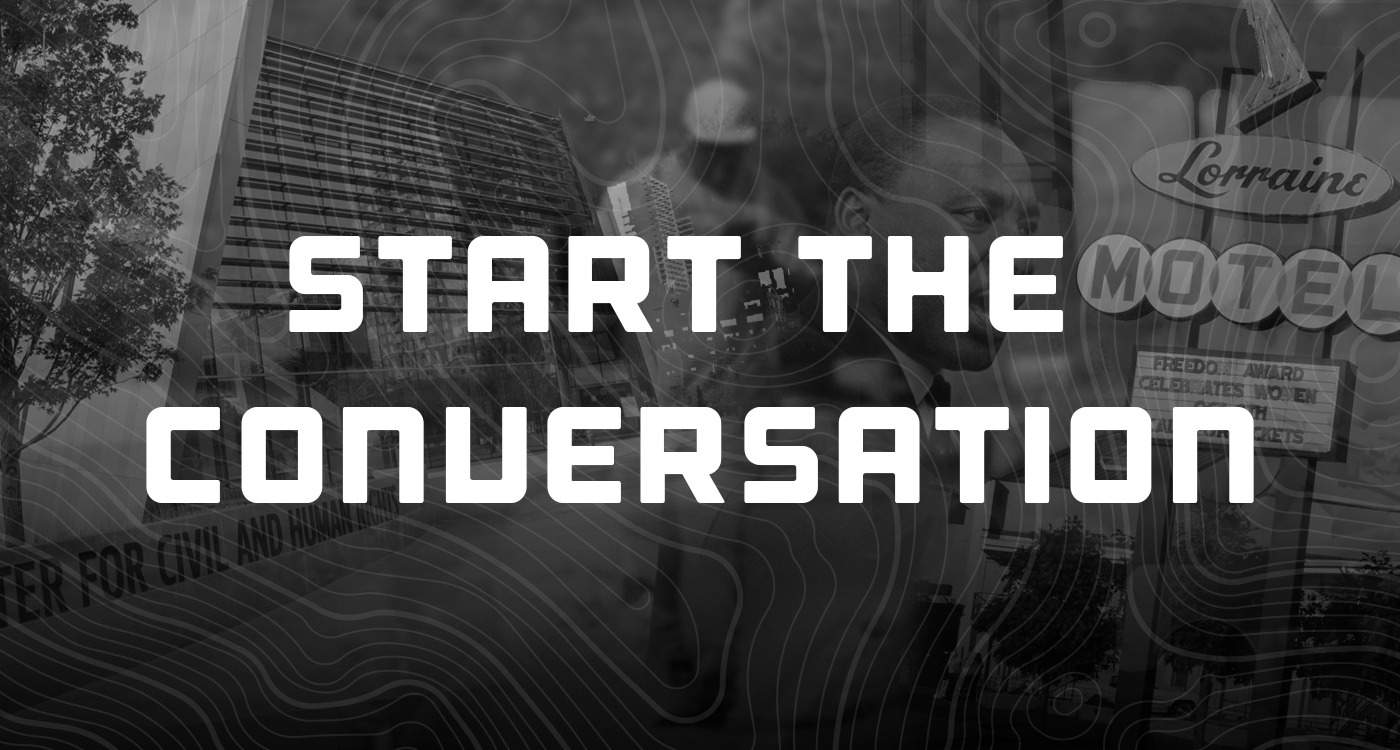


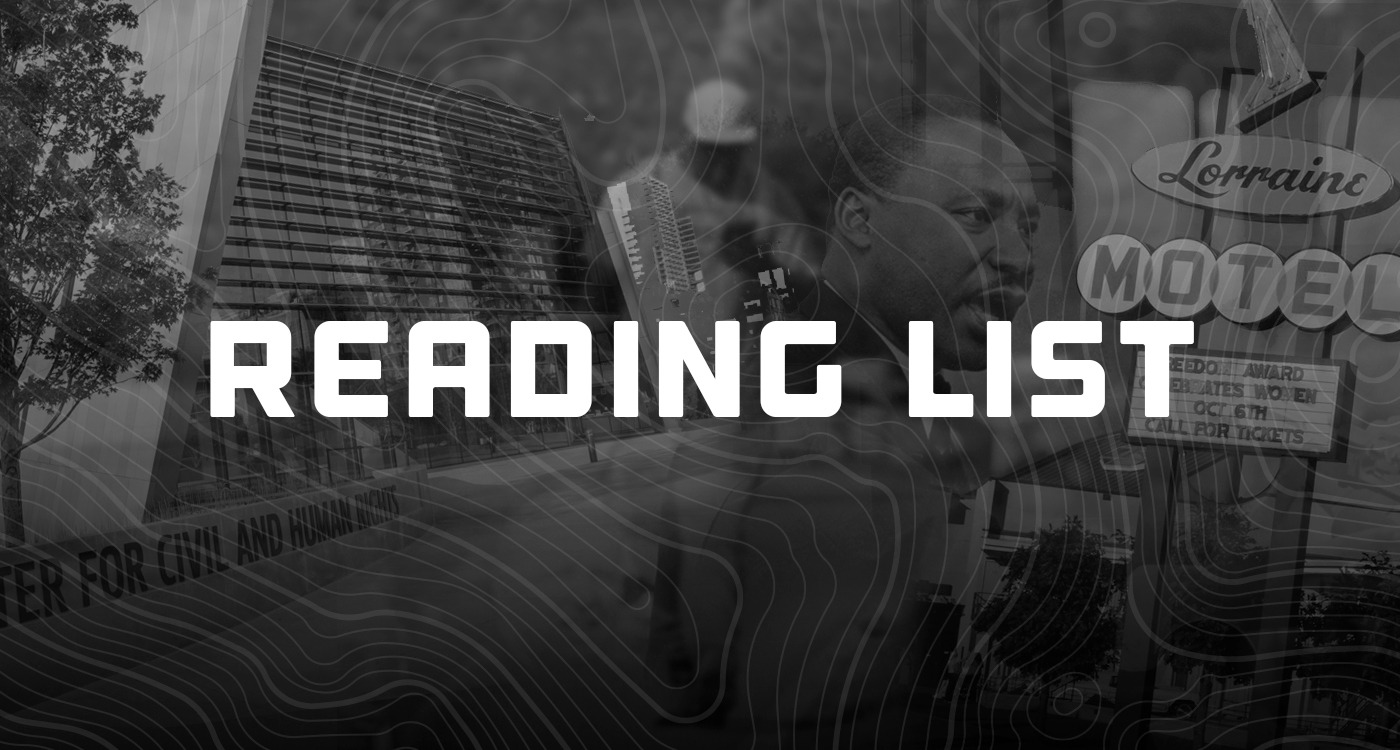

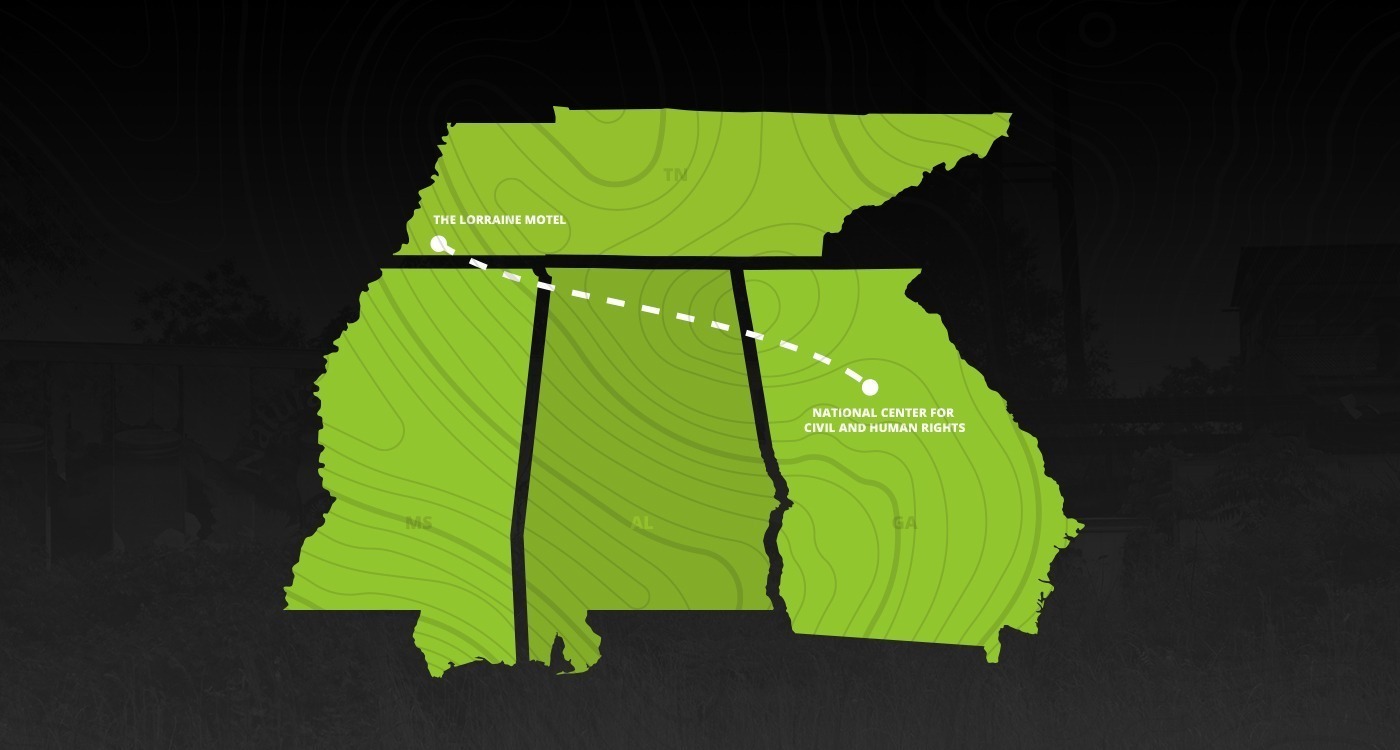
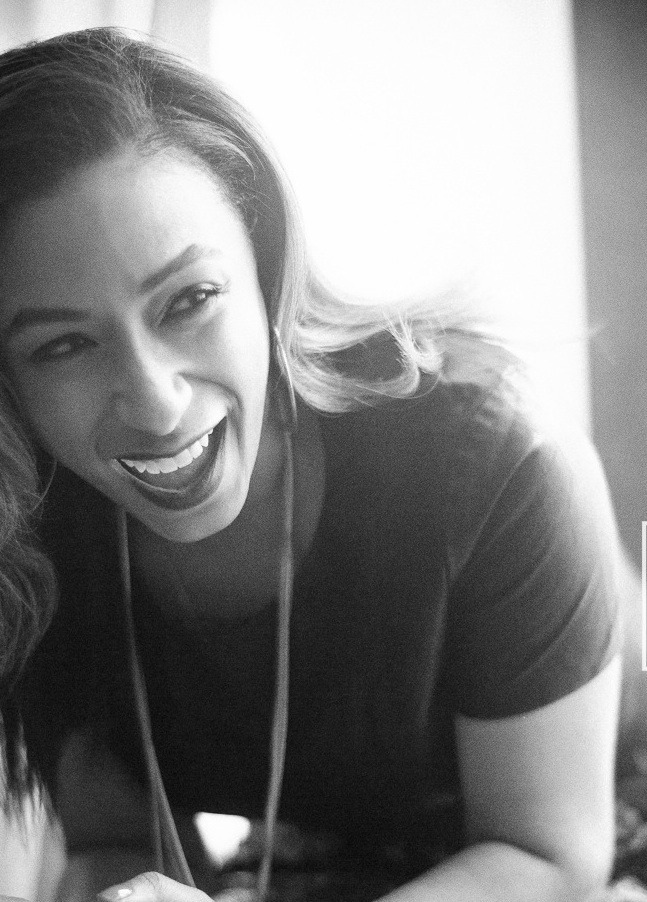 voiceless: a documentary on systemic poverty: is a poignant portrayal of the complexity and humanity of poverty in the United States of America. this documentary illuminates the hypocritical paradox of inequity and disparity in the “land of opportunity.” the primary vehicle for accomplishing this end is through the self-narrated stories of several individuals who are suffering through the imposition of homelessness.
voiceless: a documentary on systemic poverty: is a poignant portrayal of the complexity and humanity of poverty in the United States of America. this documentary illuminates the hypocritical paradox of inequity and disparity in the “land of opportunity.” the primary vehicle for accomplishing this end is through the self-narrated stories of several individuals who are suffering through the imposition of homelessness.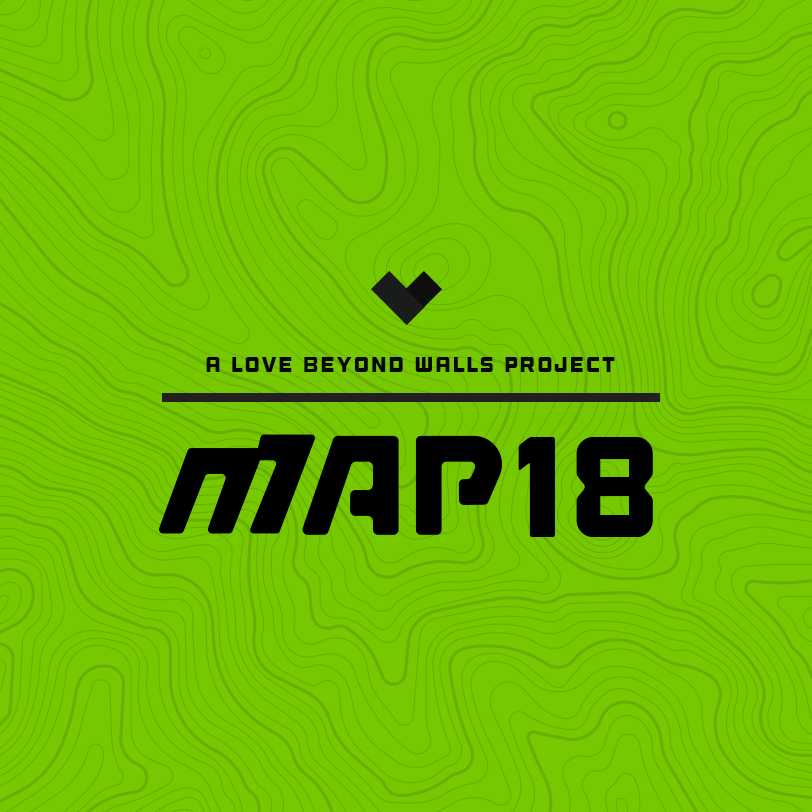
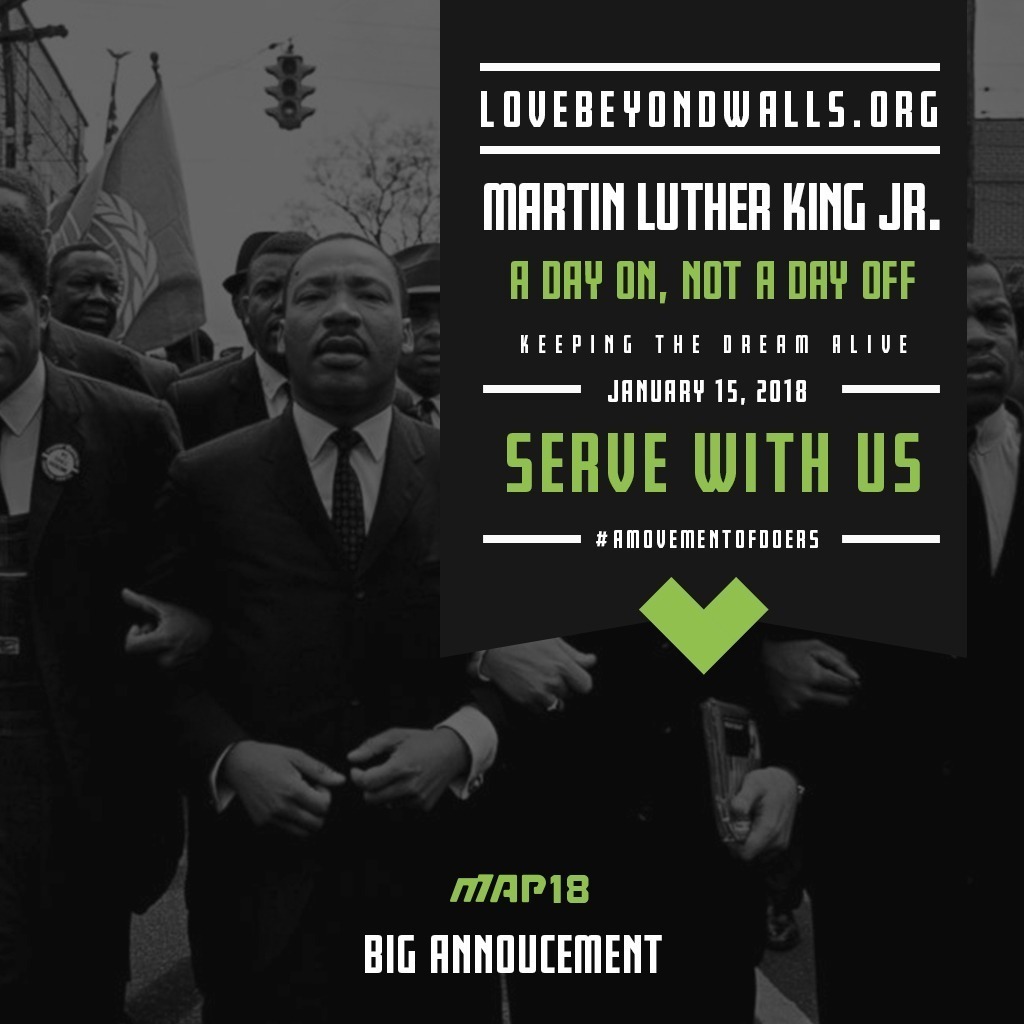 This year, we are excited about serving for MLK Day in our satellite location at Wheat Street Baptist Church. We have a big announcement to share with everyone about #MAP18 who comes out to volunteer with us.
This year, we are excited about serving for MLK Day in our satellite location at Wheat Street Baptist Church. We have a big announcement to share with everyone about #MAP18 who comes out to volunteer with us.